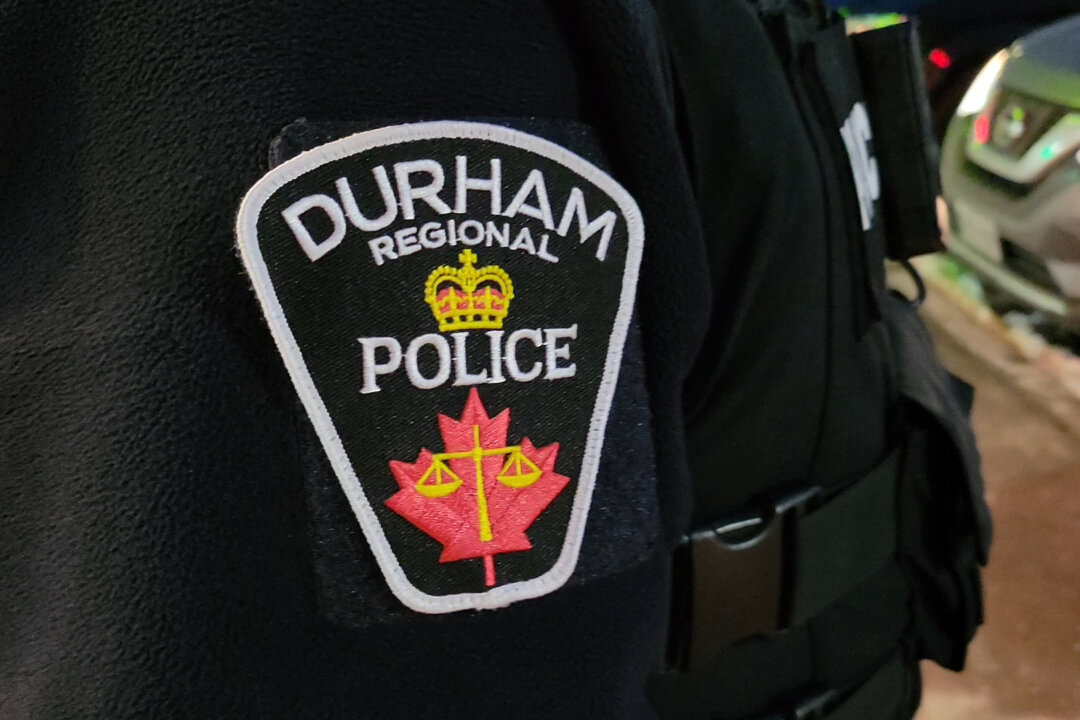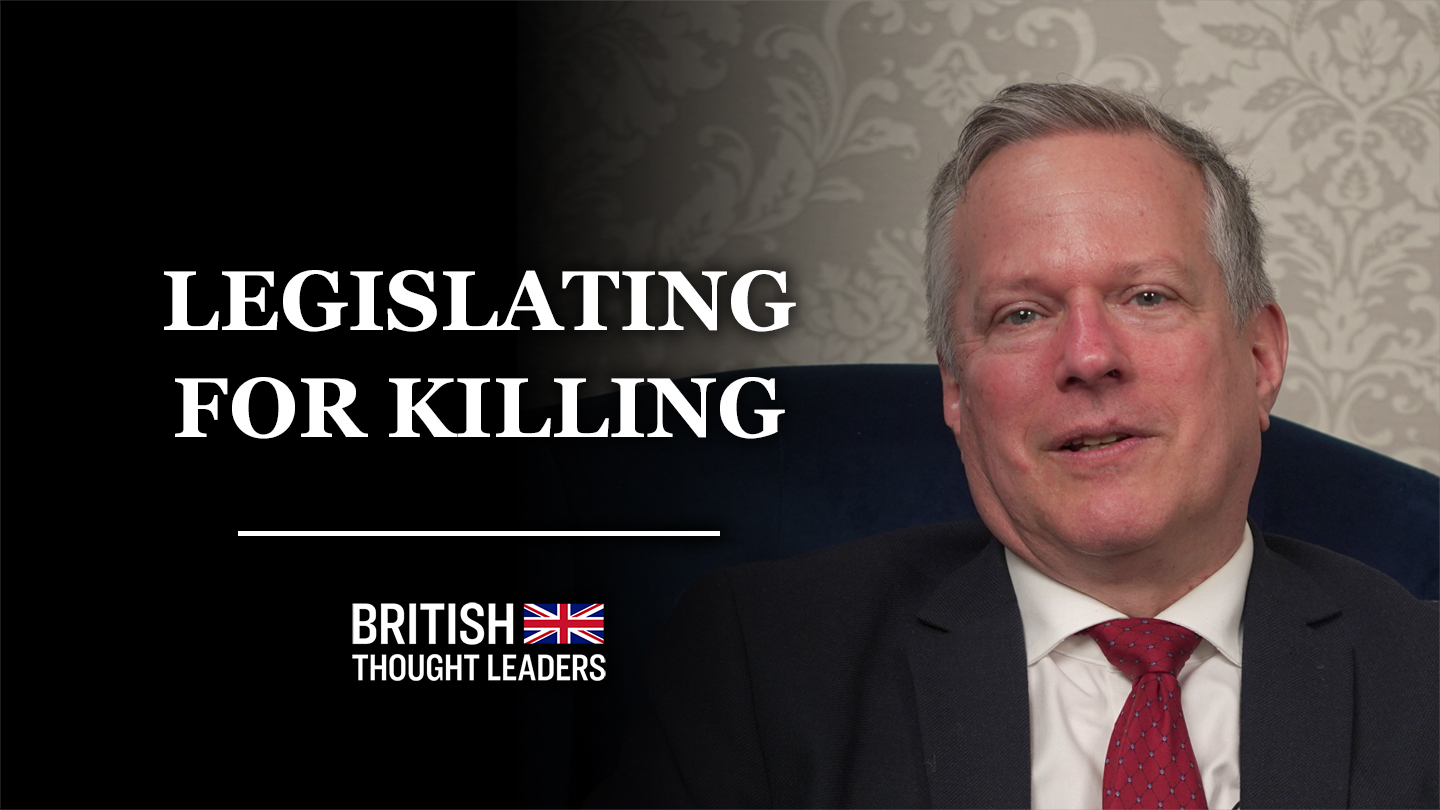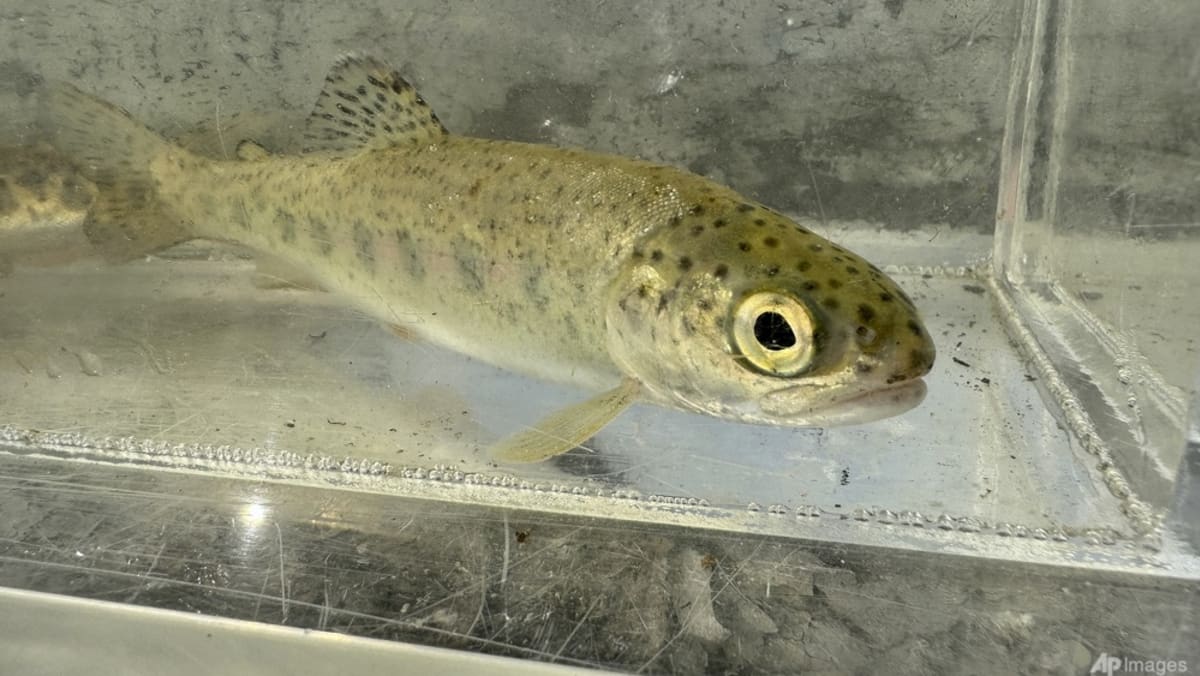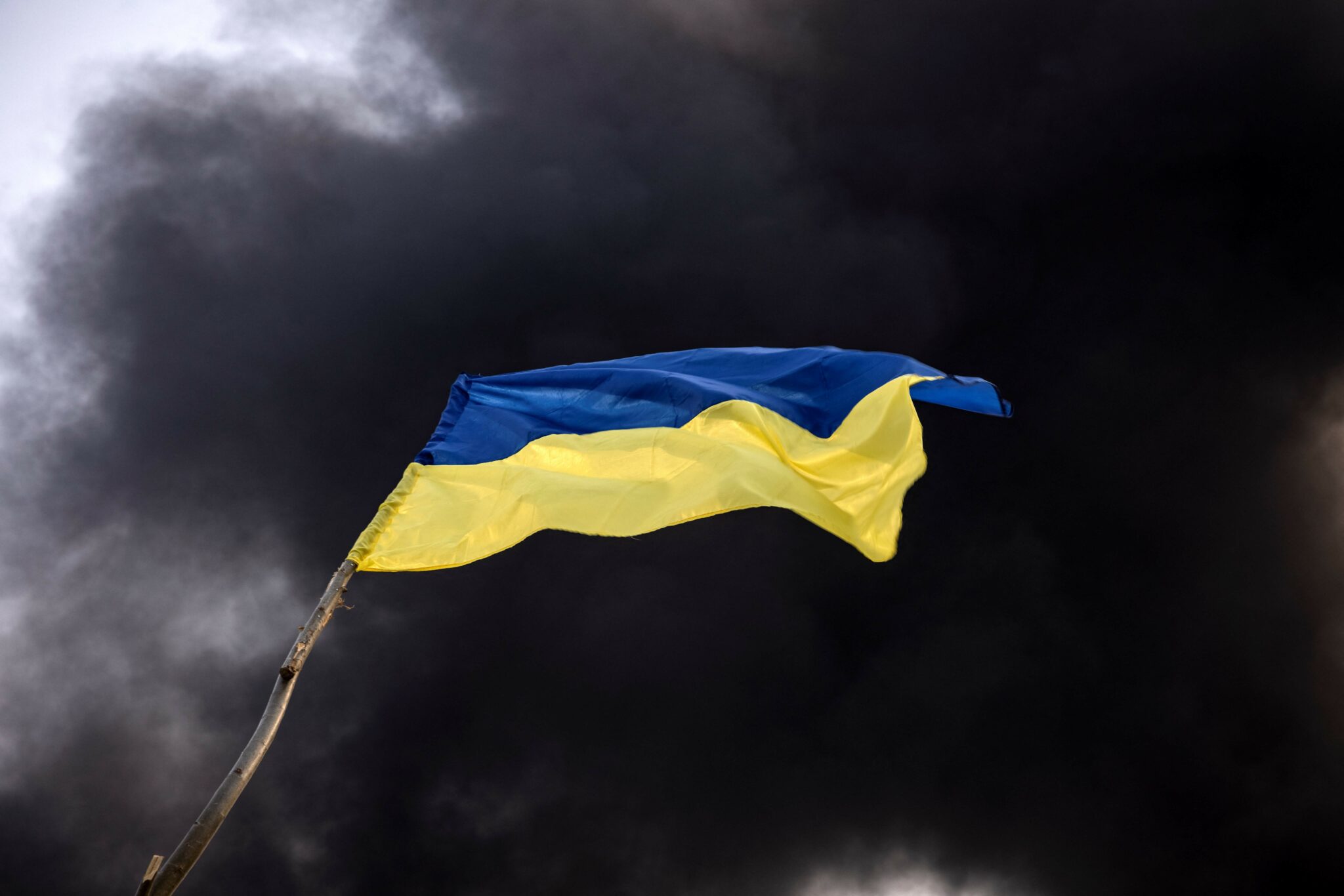The British actor chose to settle in refusal of accepting what he calls “hush money” payments.
Actor Hugh Grant’s privacy case has come to a close after he settled a high court claim against the publisher of a major newspaper tabloid.
The 63-year-old Briton reportedly settled at a preliminary hearing on Wednesday for an “enormous sum of money” against Rupert Murdoch-owned The Sun.
The actor was suing News Group Newspapers (NGN) for unlawful information-gathering which amounted to phone tapping and burglary. He further accused the company of perjury and destruction of evidence.
Mr. Grant decided to speak out on social media following the decision, explaining why he chose to settle despite remaining adamant of his claims against NGN.
“News Group are claiming they are entirely innocent of the things I had accused the Sun of doing - phone hacking, unlawful information gathering, landline tapping, the burglary of my flat and office, the bugging of my car, the illegal blagging of medical records, lies, perjury and the destruction of evidence,” said Mr. Grant.
Despite not wanting to accept the settlement, Mr. Grant said his hands were tied as a trial was likely to prove very expensive. If he were to continue, he was at risk of being liable for multi-million pounds in legal costs.
“Rupert Murdoch’s lawyers are very expensive,” he said. “So even if every allegation is proven in court, I would still be liable for something approaching [10 million pounds ($12,452,550)] in costs. I’m afraid I am shying at that fence.”
Mr. Grant further elaborated that a civil court rule—intended to avoid jamming up the courts—led to the stalemate.
“I would love to see all the allegations that they deny tested in court,” he said. “But the rules around civil litigation mean that if I proceed to trial and the court awards me damages that are even a penny less than the settlement offer, I would have to pay the legal costs of both sides.”
It remains unclear how much the settlement amount was for, with NGN denying the allegations made against them. The outlet maintains that it does not accept liability, and the decision was made in the financial interest of both parties.
As a result, the actor plans to donate the settlement money to organizations he feels passionately about, such as Hacked Off, where he also sits as a board member.
The campaign works with those who have fallen victim to press abuse and strives for “free and accountable press for the public.”
Mr. Grant, known for starring in films “Four Weddings and a Funeral,” “Notting Hill,” and many others, became a vocal proponent of phone hacking after falling victim to the similar ordeal over a decade ago.
News Group Fallout
The Sun has seen its own fallout from the lawsuit, losing 66 million pounds (about $82,180,230) amid declining print sales and the high cost of paying damages to victims. Additionally, the newspaper’s online viewership dropped by 4 million readers.
Mr. Grant’s case was reportedly one of several which were eligible to go to trial at London’s High Court. According to court, there were allegedly 42 outstanding claims against the publisher, with some due to be heard at a trial in January of next year.
Prince Harry himself also sued NGN for similar claims, with his case ultimately proceeding to trial in July 2023. In a separate phone-hacking case, the royal settled against British tabloid The Mirror.
Prince Harry accused Mirror Group Newspapers of hacking his phone and other illegal activities aimed at finding out private information for news stories. He claimed he was the victim of more than 140 instances of illegal news gathering, further alleging that there were more than 30 stories printed about him dating back to the early 2000s.
In late 2023, he was awarded 140 thousand pounds ($174,330) in damages, after the court ruled there had been “extensive” phone hacking between 2006 and 2011.













 English (US) ·
English (US) ·  Turkish (TR) ·
Turkish (TR) ·